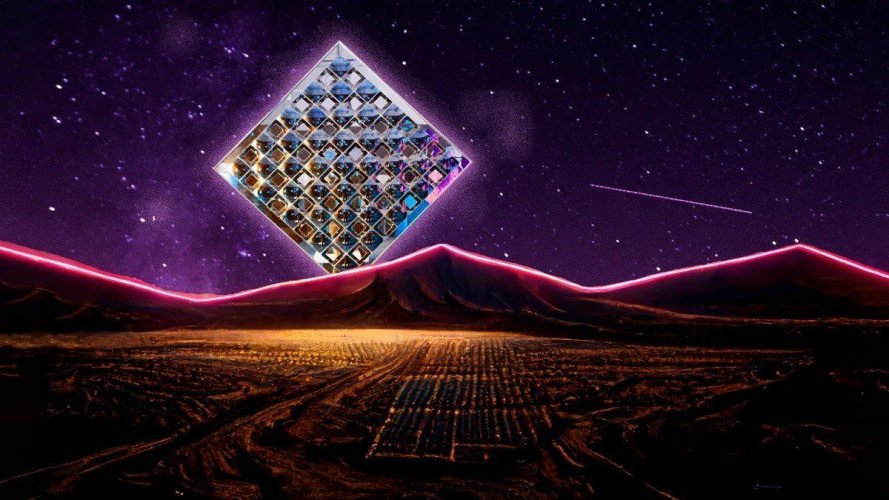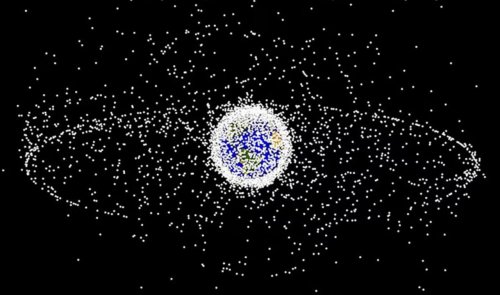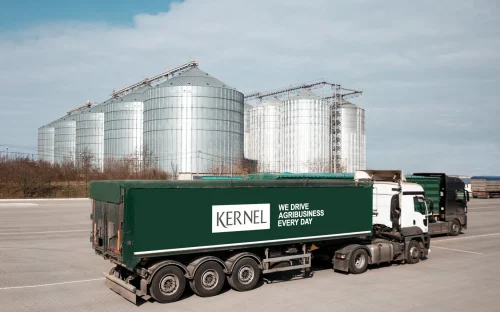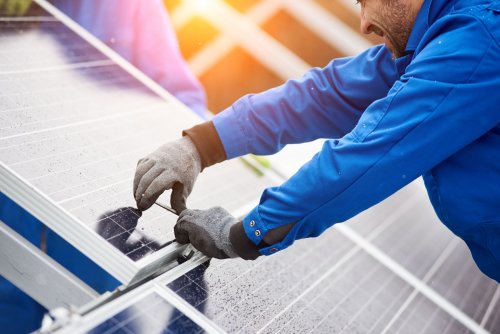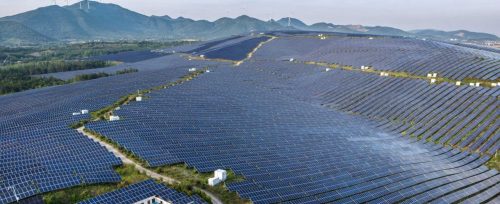The former employee of SpaceX, engineer Ben Novak, proposed to install a special installation on the International Space Station that would allow to produce solar energy at night.
He is sure that the implementation of this idea will help to abandon fossil fuels and reduce the prices of solar energy by more than 90 times, the press service of the Ministry of Energy of Ukraine reports on Facebook.
Novak's setup consists of large mirrors and a collimator (an optical device used to create a beam of parallel rays). It will work as an orbital solar reflector, that is, a device that reflects sunlight back to Earth while orbiting in space.
The material noted that an uncontrolled amount of redirected light can harm plants, animals and insects. In addition, the cost of installation and other operations will be very high.
"We are gaining patience. The day when persistent scientists will "defeat the darkness" will come someday. After all, flights into space were also once beyond the limit of perception," the press service of the Ministry of Energy noted.
As EcoPolitic reported before, in China, Longi Green Energy Technology Co will send solar panels into space to study the possibility of transmitting solar energy to Earth.

